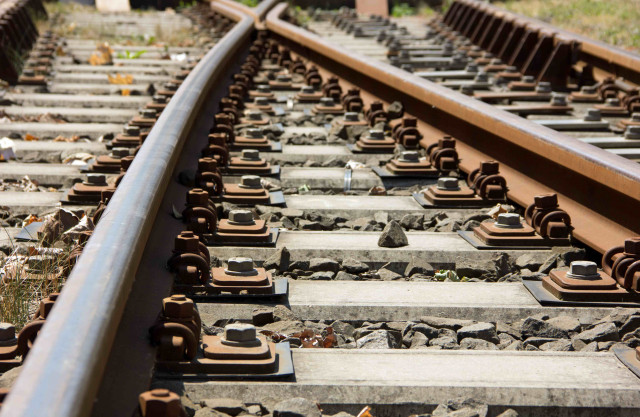KCR ‘already running into losses’
Daily earnings from intra-city train service just Rs7,500 on average, say sources

The long-awaited restoration of Karachi Circular Railway, realised after years even if partially, is proving to be a dud, it was reported on Friday. According to sources in Pakistan Railways, the resumption of the intra-city train service from Pipri Station to City Station in Phase-I of the restoration has incurred losses for railways authorities rather than bringing in any profits.
The sources told The Express Tribune on the condition of anonymity that KCR trains are boarded by just 25 per cent of passengers as compared to their capacity, further burdening the Pakistan Railways (PR) that is already running in a loss.
As per them, KCR trains running between Pipri and City Station over the past week, since the long-awaited revival was inaugurated, should have carried around 2,000 passengers hitherto, but the footfall remains far below expectations, at only around 250. Only the trains departing at 6pm are filled to 90 per cent of their capacity, the sources said.
They estimate operating the service has been causing a loss of hundreds of thousands of rupees daily to the PR. Thousands are being spent on the train service but the daily earnings from the KCR amount to just Rs7,500 on average, they said - adding up to not even half of the expenditure. The sources said that a detailed report on losses incurred following the partial restoration of the KCR was being prepared and was expected to be submitted to the Supreme Court soon.
This was confirmed by a PR official, who requested anonymity. "The PR's mechanical department has been calculating the losses and they are said to be adding up to hundreds of thousands of rupees," he said. After being out of commission for 21 years, the KCR had begun partial operations on November 19 over a cleared 14-kilometre stretch of its old route. Though, even then, experts and officials had voiced concerns about whether the latest attempt to revive the mass transit service was doomed from the get-go.
The timings of the train schedule raised questions, with the gaps between backto-back trains stretching for up to three-and-a-half hours. Plus, though Federal Railways Minister Sheikh Rasheed had announced that with no crossings in the route, the new KCR would run at a speed of 60km per hour, mass transit experts told The Express Tribune that in its present form with its broad gauge tracks, it was unlikely that trains would be able to gather full speed. Coupled with the lack of feeder buses, experts said this would make a KCR commute excruciatingly long for consumers. Running trains over broad gauge tracks will also increase operational costs, they had pointed out.



















COMMENTS
Comments are moderated and generally will be posted if they are on-topic and not abusive.
For more information, please see our Comments FAQ